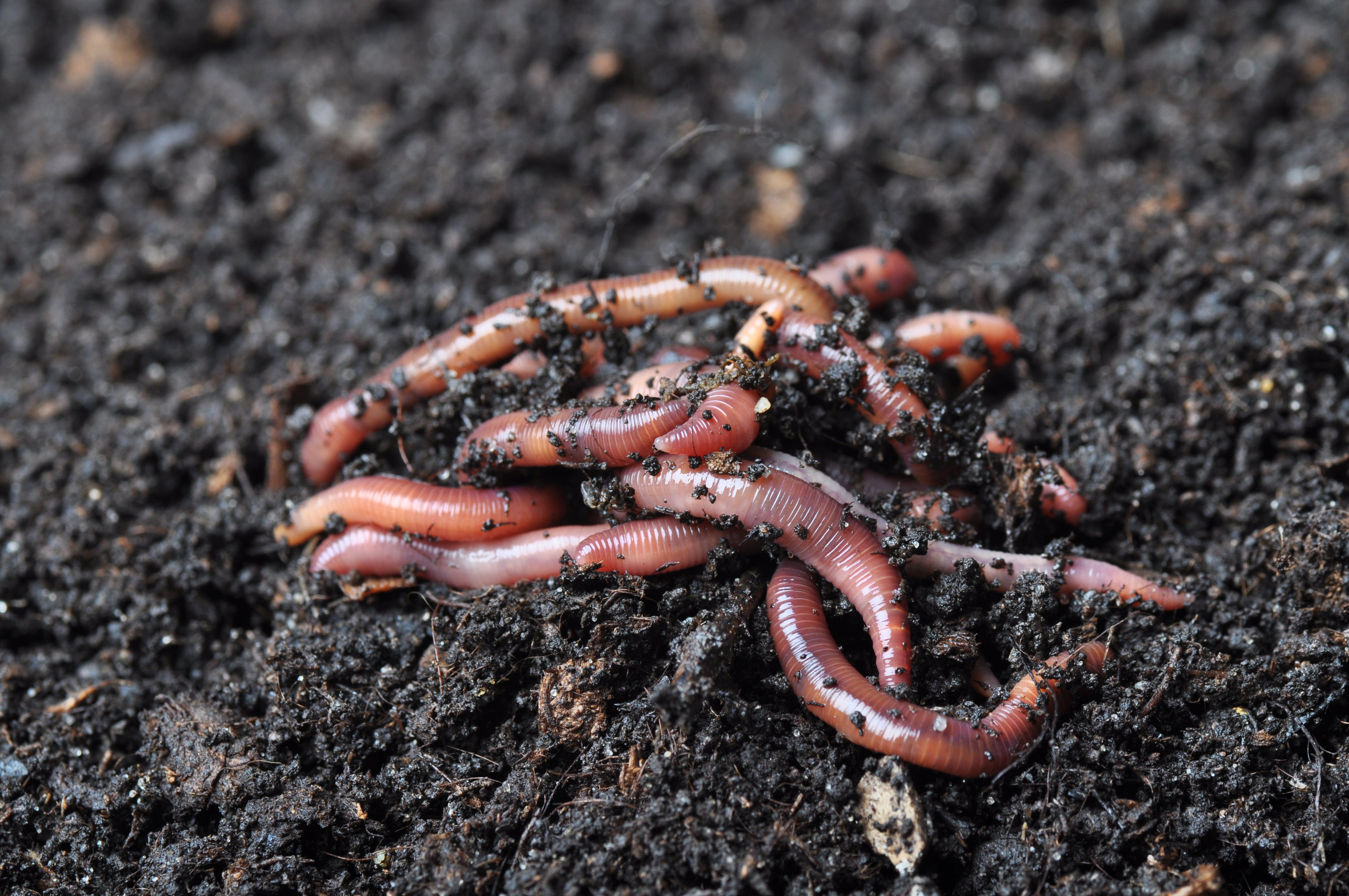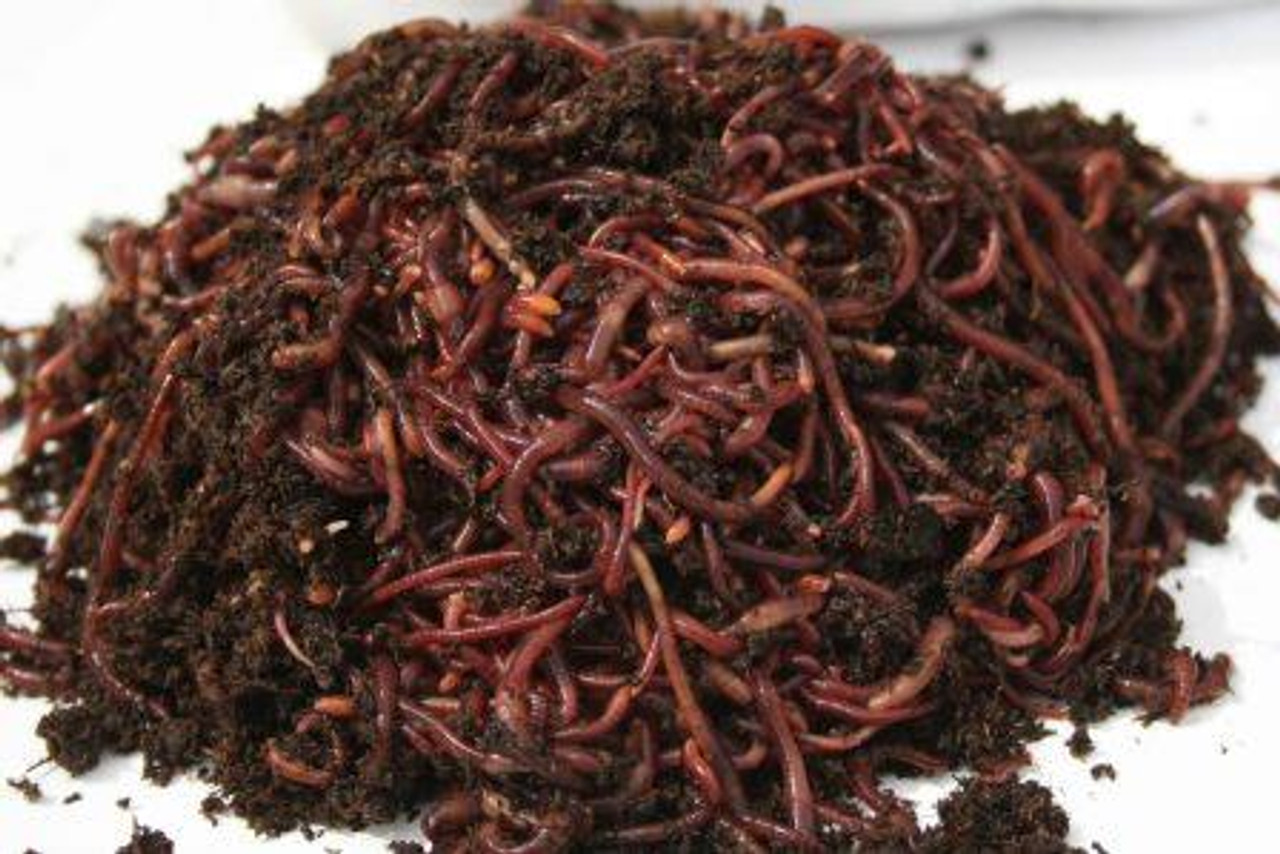Red Wiggler Composting Keys: Increase Your Dirt Health with These Straightforward Actions
Red Wiggler Composting Keys: Increase Your Dirt Health with These Straightforward Actions
Blog Article
Discovering the Systems of Red Wiggler Composting: A Comprehensive Overview to the Refine and Its Positive Influence on Lasting Horticulture Practices
The intricate mechanisms of red wiggler composting, utilizing the special physiology of Eisenia fetida, provide a compelling method for enhancing sustainable horticulture methods. As metropolitan horticulture gains grip, comprehending the subtleties of this composting technique ends up being progressively pertinent.
Comprehending Red Wigglers
Red wigglers, scientifically referred to as Eisenia fetida, are a types of earthworm highly pertained to for their effectiveness in composting natural waste. These worms prosper in nutrient-rich environments, specifically in decomposing raw material, making them optimal for vermicomposting systems - Red Wiggler Composting. Characterized by their reddish-brown coloration and fractional bodies, red wigglers are smaller than common earthworms, typically gauging in between 3 to 4 inches in length
Their unique physical traits improve their composting abilities; for instance, they have a high reproductive rate, allowing populations to increase rapidly under appropriate problems. Red wigglers take in organic product, damaging it down through their digestive systems, which causes nutrient-rich spreadings that work as a superb organic fertilizer. Their ravenous appetite enables them to process huge quantities of food waste efficiently, substantially decreasing garbage dump payments.
Along with their composting prowess, red wigglers play a crucial duty in dirt health. Red Wiggler Composting. They aerate the dirt and promote the decomposition of organic issue, further improving the soil ecosystem. Comprehending the characteristics and eco-friendly benefits of red wigglers is crucial for anybody aiming to carry out lasting horticulture methods through reliable composting techniques
The Composting Refine
The composting procedure involves breaking down natural materials right into nutrient-rich garden compost, a task that red wigglers stand out at as a result of their specialized gastrointestinal systems. These worms take in food scraps, lawn waste, and various other organic issue, changing them right into important garden compost via a series of chemical and organic procedures.
Originally, the raw material is blended with bedding materials such as shredded paper or dried out fallen leaves, producing an ideal environment for the worms. As the red wigglers ingest this combination, they damage it down via their digestive tract, where bacteria better break down the material. This procedure creates heat, promoting microbial activity, which increases disintegration.

Benefits of Red Wiggler Composting
Eco-conscious individuals and numerous gardeners identify the various benefits of red wiggler composting, making it a prominent choice for reliable waste administration. Among the primary benefits is its capability to significantly minimize natural waste in landfills - Red Wiggler Composting. Red wigglers successfully break down cooking area scraps and other biodegradable products, transforming them right into nutrient-rich vermicompost that enhances soil health
Furthermore, red wiggler composting boosts dirt structure and fertility. The resulting vermicompost is including valuable bacteria, which promote plant development and boost nutrient retention. This all-natural plant food not only sustains sustainable gardening techniques however additionally minimizes reliance on chemical plant foods, cultivating a healthier ecosystem.
In addition, red wiggler composting is a space-efficient technique, making it perfect for city garden enthusiasts with limited room. The process can be carried out indoors or outdoors, permitting year-round composting no matter environment conditions. Furthermore, red wigglers are low-maintenance microorganisms that require marginal care, making them obtainable for beginner garden enthusiasts.
In significance, the benefits of red wiggler composting prolong past waste reduction; they add to much healthier soils, lasting horticulture methods, and ecological stewardship, positioning it as a useful technique in contemporary cultivation.
Best Practices for Composting
For effective red wiggler composting, sticking to ideal practices is essential to take full advantage of performance and make certain a productive environment for these worms. This equilibrium promotes optimum decomposition and boosts the worms' health.
Following, monitor dampness degrees, going for a moist, sponge-like uniformity. Overly wet problems can lead to anaerobic decay, while too much dryness might prevent worm activity. Furthermore, make certain proper aeration by transforming the garden compost frequently, which aids prevent compaction and enables adequate oxygen circulation.
Temperature level is one more vital variable. Maintain a variety of 55 ° F to 77 ° F(13 ° C to 25 ° C) to promote worm task and microbial development. Ultimately, avoid presenting meat, dairy products, and oily foods, as these can attract parasites and produce odors.
Enhancing Sustainable Horticulture
Sustainable gardening symbolizes an alternative approach that balances environmental principles with useful gardening methods. By including methods such as red wiggler composting, garden enthusiasts can find out here now substantially enhance their methods, fostering a more resistant community. Red wigglers, renowned for their reliable decay capacities, convert natural waste into nutrient-rich garden compost, thereby enhancing the dirt without depending on chemical plant foods.
Applying sustainable gardening strategies, such as crop turning, friend growing, and mulching, additional matches the advantages of composting. These methods not only improve soil structure and fertility however additionally promote biodiversity, drawing in advantageous bugs and organisms that contribute to grow health and wellness. In addition, using indigenous plants can reduce water consumption and minimize upkeep, straightening with water preservation efforts.

Conclusion
In final thought, red wiggler composting represents a crucial method for boosting lasting horticulture techniques. Ultimately, the adoption of red wiggler composting can significantly add to environment-friendly horticulture, profiting both city and novice gardeners in their cultivation initiatives.
The intricate devices of red wiggler composting, making use of the unique physiology of Eisenia fetida, present an engaging opportunity for boosting sustainable horticulture methods. Comprehending the qualities and eco-friendly advantages of red wigglers is essential for anyone looking to implement sustainable horticulture methods through effective composting approaches.

In verdict, red wiggler composting stands for an important approach for enhancing my site sustainable gardening methods. Eventually, the adoption of red wiggler composting can dramatically contribute to eco-friendly horticulture, benefitting both city and beginner garden enthusiasts in their growing efforts.
Report this page